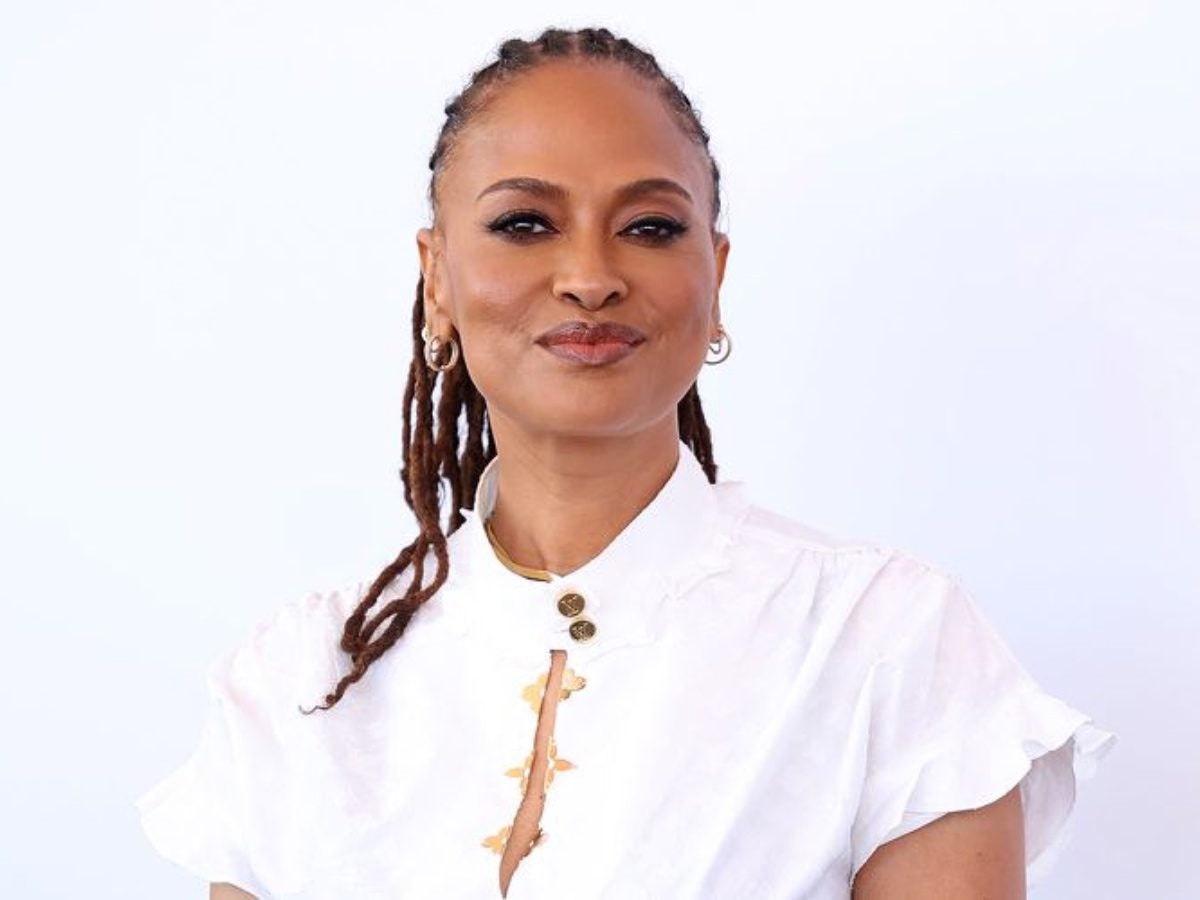
Ava DuVernay screened her latest film, Origin, at the Museum of Modern Arts’s (MoMa) Education and Research Center for members of the Black Arts Council and their guests on December 11.
Origin is a loose adaptation of Isabel Wilkerson’s best-selling book Caste: The Origins of Our Discontents. Starring Anjunue Ellis as Wilkerson, the film merges the text’s academic research with stories from Wilkerson’s personal life in narrative form. It highlights the catharsis in deep work, eerily familiar book bans, seismic cultural shifts, liberal dismissiveness, and potent performances from Jasmine Cephus Jones, Neicy Nash-Betts, and Audra McDonald.
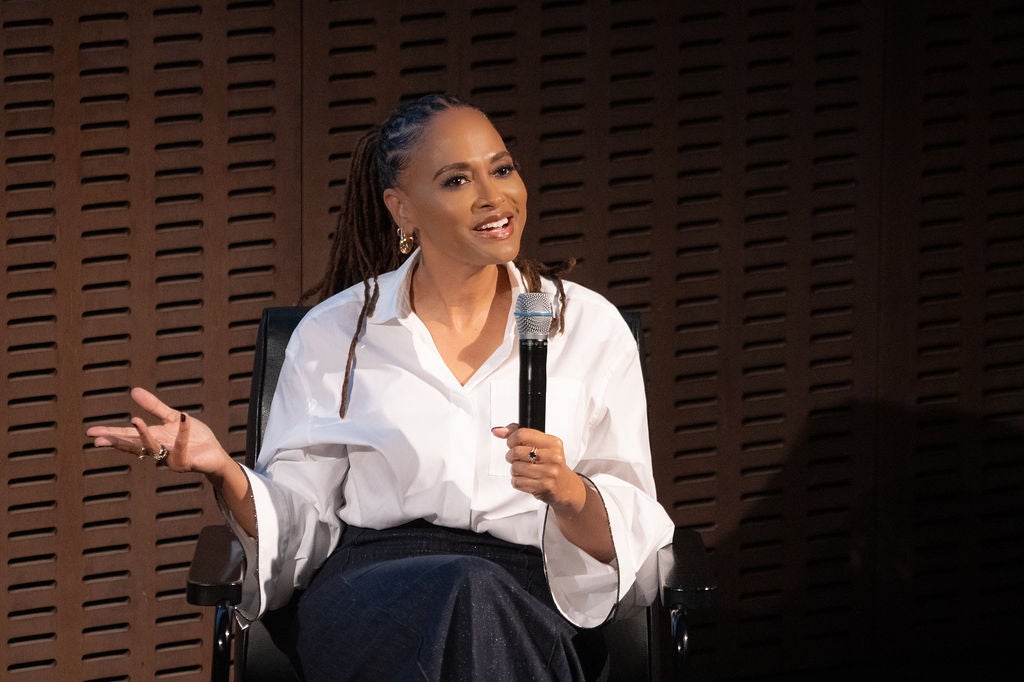
Ellis brings a tragic romance to academic concepts as Wilkerson, who armed with a tote bag and curiosity, seeks to create international connections by examining caste on three continents. Nash-Betts and McDonald keep the viewer connected to the power of friendship and the comfort of shared experiences. They also represent the need to crystalize ideas to be easily accessible to those who could benefit from their impact most. Select attendees opted to stand through the 2 hour 16 minute running time rather than miss a frame. DuVernay acknowledged their commitment to experiencing her work. “I just want to thank everyone for being here because it is crowded. And I really want to thank the people in the back who elected to stand,” she said.
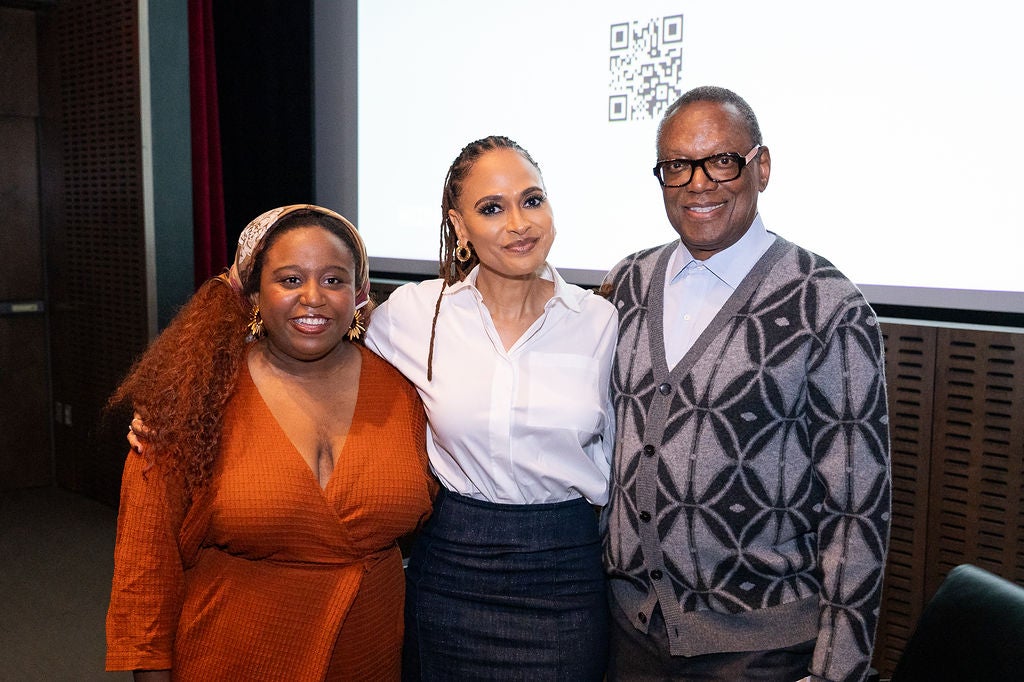
The screening is one of many annual events hosted by the MoMA Black Arts Council, which celebrated its 30th anniversary earlier this year. The Council is a group of museum patrons, philanthropists, collectors, and art enthusiasts committed to increasing visibility, access, and appreciation for art and artists of the African diaspora at MoMa. It is one of several affiliate groups associated with the museum and was initially created as “an audience development effort.” They celebrate and amplify Black art by inviting visitors to engage with it.
Attendees at the event included artist Bisa Butler, Art advisors Adefolakunmi Adenugba and Amber Smith, former ESSENCE Deputy Editor Cori Murray, and former ESSENCE Executive Editor Jacklyn Monk.
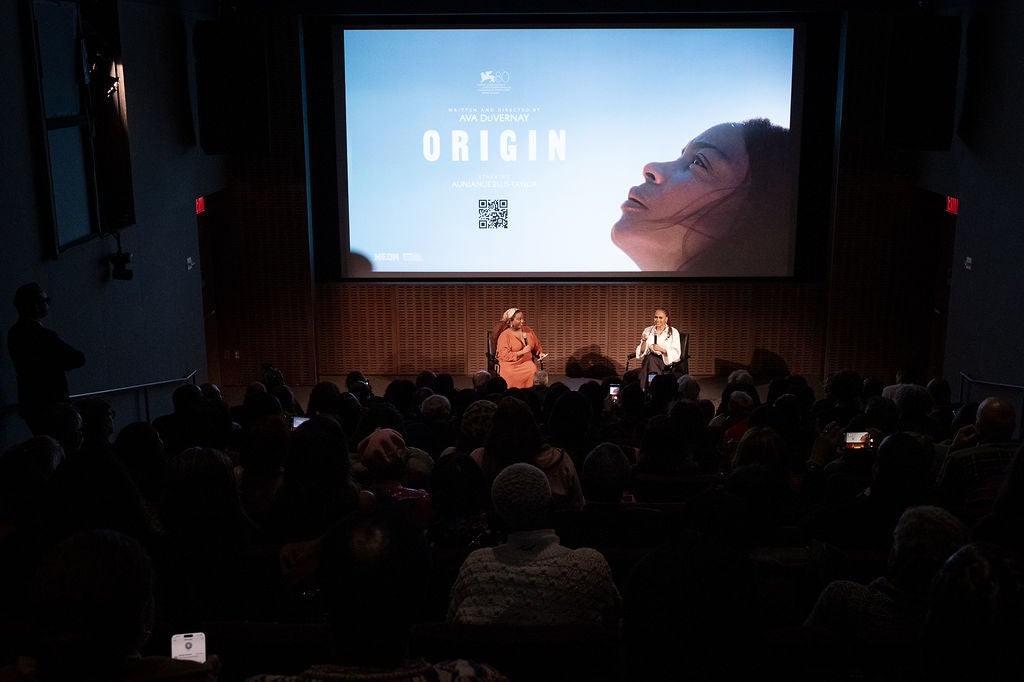
Maya Cade, the curator of the Black Film Archive, conducted a question-and-answer session with DuVernay after the film. Cade labeled Origin the latest in a new tradition of “cinematic heirlooms” that people “pass on just as a guide throughout time and just refer to back again.”
DuVernay explained why she adapted the text narratively instead of doing a documentary as some expected. “As a documentarian, I use documentary to convey information. I wanted to solicit empathy and connection and ignite debate and get into the emotions,” she told Cade and the crowd. “In order to do that, you need narrative tools.”
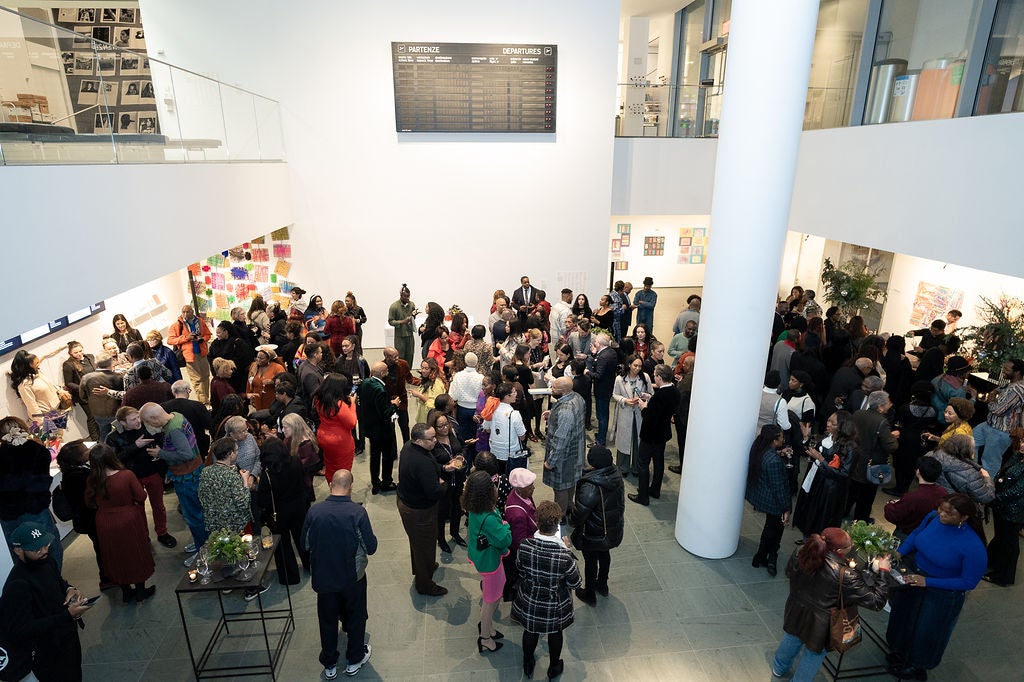
Those tools were used to expand the story to include characters that did not make the text. “The script was one that was, I’d say, about 40 percent from the book and 60 percent from my interviews with Isabel Wilkerson about her life. For example Mary, the character played by Niecy Nash-Betts, was not mentioned in the book at all. But as Mrs. Wilkerson was telling me about her cousin. She talked about it with such joy, talked about her with such joy and such lightness of being and such connection. That I started to think about someone that brings joy and lightness of being to my life, which is one of my best friends, Niecy Nash-Betts,” said DuVernay. “That casting was very personal.”
Nash-Betts improvised during a scene that caused the screening to burst into laughter. DuVernay revealed she made that choice to support her co-star Ellis and allow her “to be able to laugh because she had such heavy work.”DuVernay described how her mind lit up with how to use those narrative tools when she engaged with the text.”I wanted to see Isabel with her mother looking in the clouds. I wanted to see her go kiss her mom when she wakes her up. I wanted to see a Black family reunion. I wanted to see cousins sitting there looking at pictures,” she said. Those images are the entry point to a project that goes from quaint German conference rooms to robust Harlem street corners to quaint Southern porches.
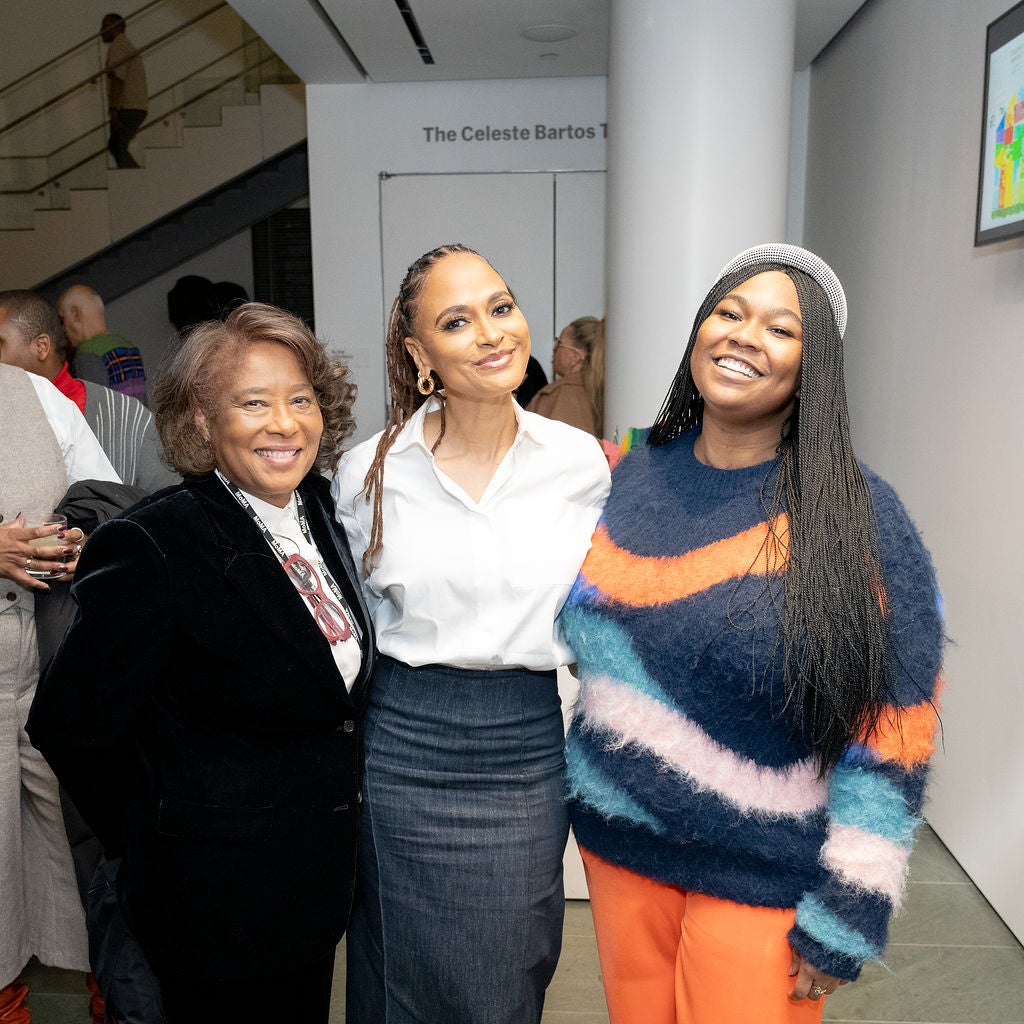
“I started from those stories because that’s what I understood the Black folks,” DuVernay said. She spent time “looking for the touch points that allowed the Black American experience to be what it rightly is: a global story.”
The story shows these elements while shifting back and forth between time periods and subplots featuring oppressed people of different races using cross-cutting in a way DuVernay does not use often.
“It sparked my imagination in new ways. And I hope it does so for other people, too.”
Origin is currently in theaters. Learn more about the Black Arts Council here.